Welcome back! I took a break last Wednesday to honor and respect my Jewish New Year, but I am back! And it’s freezing in Montreal. And it’s October- which always means… Halloween and Breast Cancer Awareness Month.
Breast cancer has unfortunately touched my family. The cause is very near and dear to my heart, and up until I sold my company in 2006, I donated proceeds of our sales to various breast cancer efforts.
Then I had my very own frightening breast cancer scare this year. You were all there for me…
Last Monday while in the shower, I felt a lump in my breast. It stopped me dead in my tracks. I felt so dizzy, especially under that hot water, that I had to get out, even with shampoo still in my hair. I felt it. I felt it again. It was big. I looked in the mirror and you could visibly see it by simply looking without touching. I shouted for my husband down the hall. He felt it, and tried to calm me down and reassure me it was the same cyst from when I experienced my breast cancer scare at 22.
“We’ll call the doctor tomorrow and you’ll have it checked,” he said. “Don’t come to any conclusions until you see Dr. X.” Well that’s obviously easier said that done. Tuesday morning, I called my breast surgeon, and the secretary told me to come in right away. I was leaving for Nashville, so it would have to wait until this week.
Yesterday at 9:15am, I had my appointment…
Read more here.
So in honor of this powerful month of PINK, let’s do what we can to spread AWARENESS, and try and PREVENT this disease.
Tips for Breast Cancer Prevention:
Among the easiest things to control are what you eat and drink and how active you are. Here are some strategies that may help you decrease your risk of breast cancer:
- Limit alcohol. A link exists between alcohol consumption and breast cancer. How strong a link remains to be determined. The type of alcohol consumed — wine, beer or mixed drinks — seems to make no difference. To protect yourself from breast cancer, consider limiting alcohol to less than one drink a day or avoid alcohol completely.
- Maintain a healthy weight. There’s a clear link between obesity — weighing more than is appropriate for your age and height — and breast cancer. This is especially true if you gain the weight later in life, particularly after menopause. Experts speculate that estrogen production in fatty tissue may be the link between obesity and breast cancer risk.
- Stay physically active. Regular exercise can help you maintain a healthy weight and, as a consequence, may aid in breast cancer prevention. Aim for at least 30 minutes of exercise on most days of the week. If you haven’t been particularly active in the past, start your exercise program slowly and gradually work up to a greater intensity. Try to include weight-bearing exercises such as walking, jogging or aerobics. These have the added benefit of keeping your bones strong.
- Consider limiting fat in your diet. Results from the most definitive study of dietary fat and breast cancer risk to date suggest a slight decrease in risk of invasive breast cancer for women who eat a low-fat diet. But the effect is modest at best. However, by reducing the amount of fat in your diet, you may decrease your risk of other diseases, such as diabetes, cardiovascular disease and stroke. And a low-fat diet may protect against breast cancer in another way if it helps you maintain a healthy weight — another factor in breast cancer risk. For a protective benefit, limit fat intake to less than 35 percent of your daily calories and restrict foods high in saturated fat.
- Limit Stress: There is a link between psychological stress and breast cancer aggressiveness. Watch your stress levels. Vitamin C, Vitamin D and Vitamin B are all aids in stress reduction. Vitamin C clears cortisol (stress hormone) out of your bloodstream. Vitamin D deficiency has been linked to cancer, depression and immunity problems- Vitamin D is a great supplement to consume, especially while entering the winter months. Vitamin B has been known as “the feel good” vitamin, elevating your mood and even possibly boosting your metabolism. We are really discovering just how dangerous the effects of stress are on your body.
- Regular self-examination or clinical examination is key in early detection. One in eight women will be diagnosed with breast cancer in their lifetime. Over 200,000 women will be diagnosed with breast cancer this year. When breast cancer is detected early (localized stage), the 5-year survival rate is 98%.
(Mayo Clinic)
And finally, today is Blog For Your Breasts Day!
It’s no secret that I have followed the research of one incredible doctor over the years… Dr. Susan Love. In fact, for Breast Cancer Awareness Month in October 2009 AND 2010, I Blogged about Dr. Susan Love and her Army of Women .
What is the Army of Women?
Dr. Love has called out to all Bloggers and women everywhere TODAY to join her in her fight against breast cancer. She’s asking us to take the pledge:
We invite you to use your voice through your blog to spread the word about the Love/Avon Army of Women. The Army of Women initiative, a program of the Dr. Susan Love Research Foundation, funded by a grant from the Avon Foundation for Women, is recruiting ONE MILLION WOMEN of all ages and ethnicities, with or without breast cancer, to sign up and participate in breast cancer research studies. If we can get ONE MILLION WOMEN involved in research, we are one step closer to understanding the cause of breast cancer and how to prevent it.
The Army of Women campaign is an online initiative, where women can sign up at www.ArmyOfWomen.org. We are dedicating ONE day to reach ONE million women to sign up for the Army of Women. Together, we can move breast cancer beyond a cure and eradicate it once and for all.
Let’s all do our part. Sign up. We all know someone who has been affected by breast cancer, so let’s wage war against this awful disease.
‘Cuz really, cancer sucks.
Stay healthy, my friends.
Tell us, have you or anyone you know been touched by breast cancer. Share your story. Support is all around.
xoxEDxox
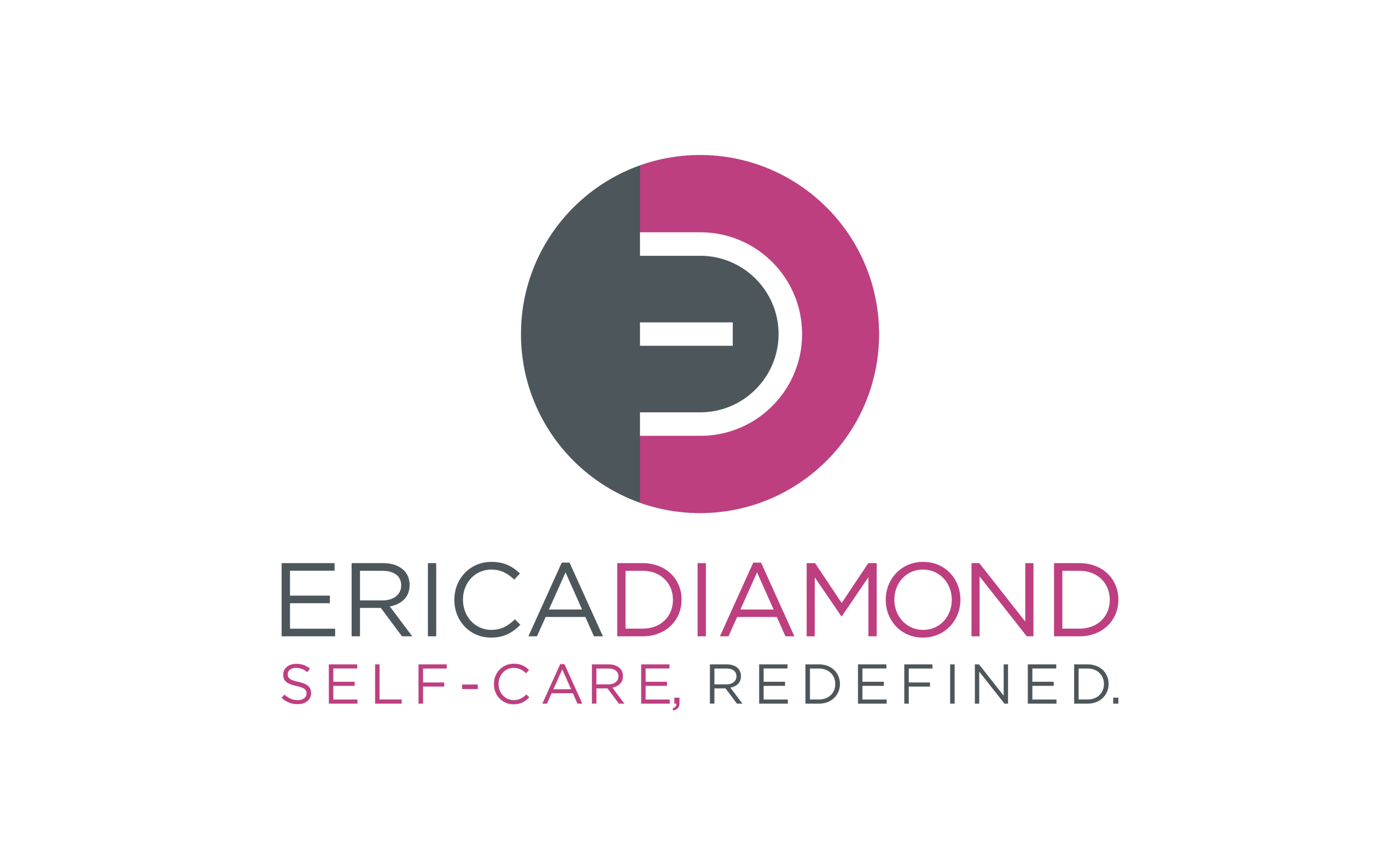
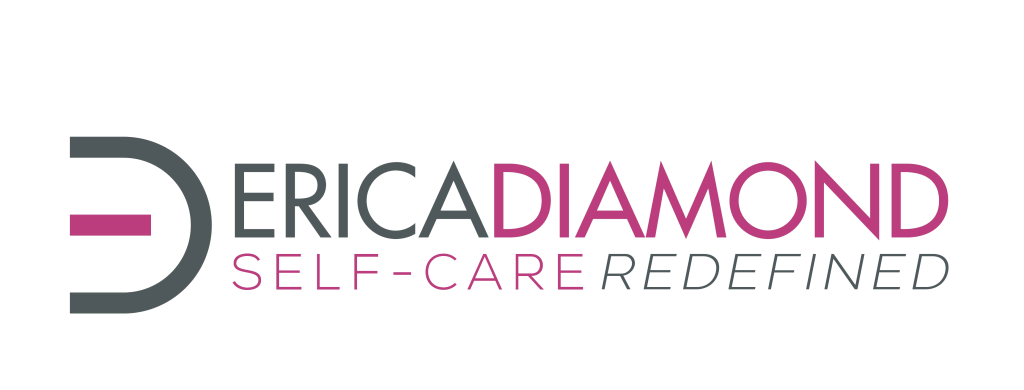
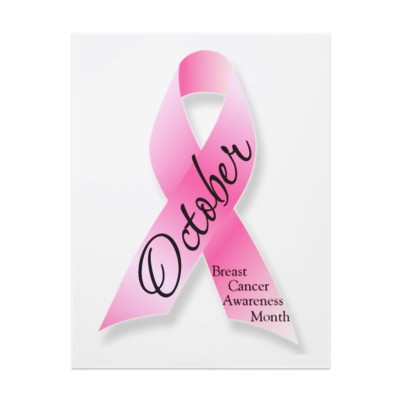

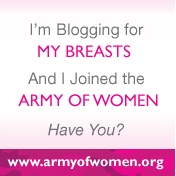
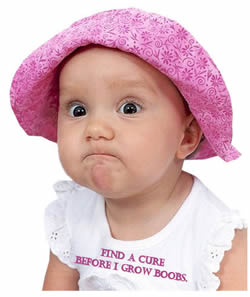
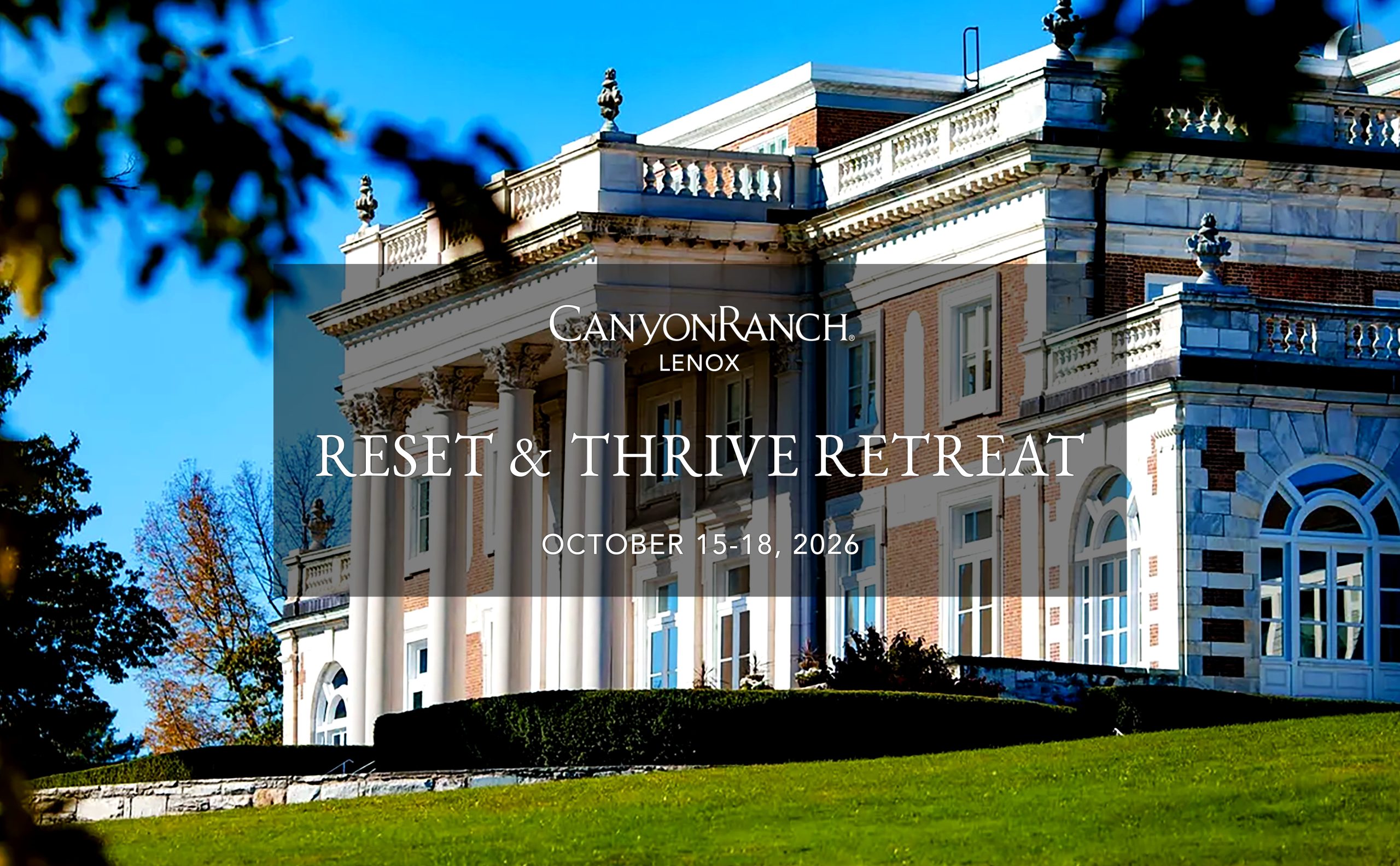

A co-worker of mine passed away last year from breast cancer. It is a terrifying disease that all women (and men) should be aware of. We need to learn the signs and prevention is key. These are great tips but if there is a family history you must be even MORE on top of your health. Mammograms and self exams are so important. Feel your boobies as they say. I’m glad you’re okay.
Great blog Erica. Good tips for overall health also.
hello there and thanks in your information ? I’ve certainly picked up anything new from proper here. I did then again expertise several technical points using this site, as I skilled to reload the website a lot of occasions prior to I may get it to load correctly. I have been considering in case your web hosting is OK? Now not that I’m complaining, but slow loading cases instances will often affect your placement in google and could injury your high quality ranking if advertising and marketing with Adwords. Well I’m including this RSS to my email and can glance out for much extra of your respective intriguing content. Ensure that you update this once more very soon..
As well as palm oil plantations, orangutans are
also threatened by mining, forest fires and poaching.
Did you know that each and everyone of us is fueling one of
the world’s biggest ecological disasters and acts of animal slaughter and genocide in history. There are plenty of chemically derived sources of lauric acid, but for a natural soap, this seed oil is key.
Vitamins for men Orthomol At you incorrect data
Hmm it looks like your site ate my first comment (it was super long) so
I guess I’ll just sum it up what I wrote and say, I’m
thoroughly enjoying your blog. I as well am an aspiring blog
writer but I’m still new to everything. Do you have any tips for novice blog writers?
I’d definitely appreciate it.